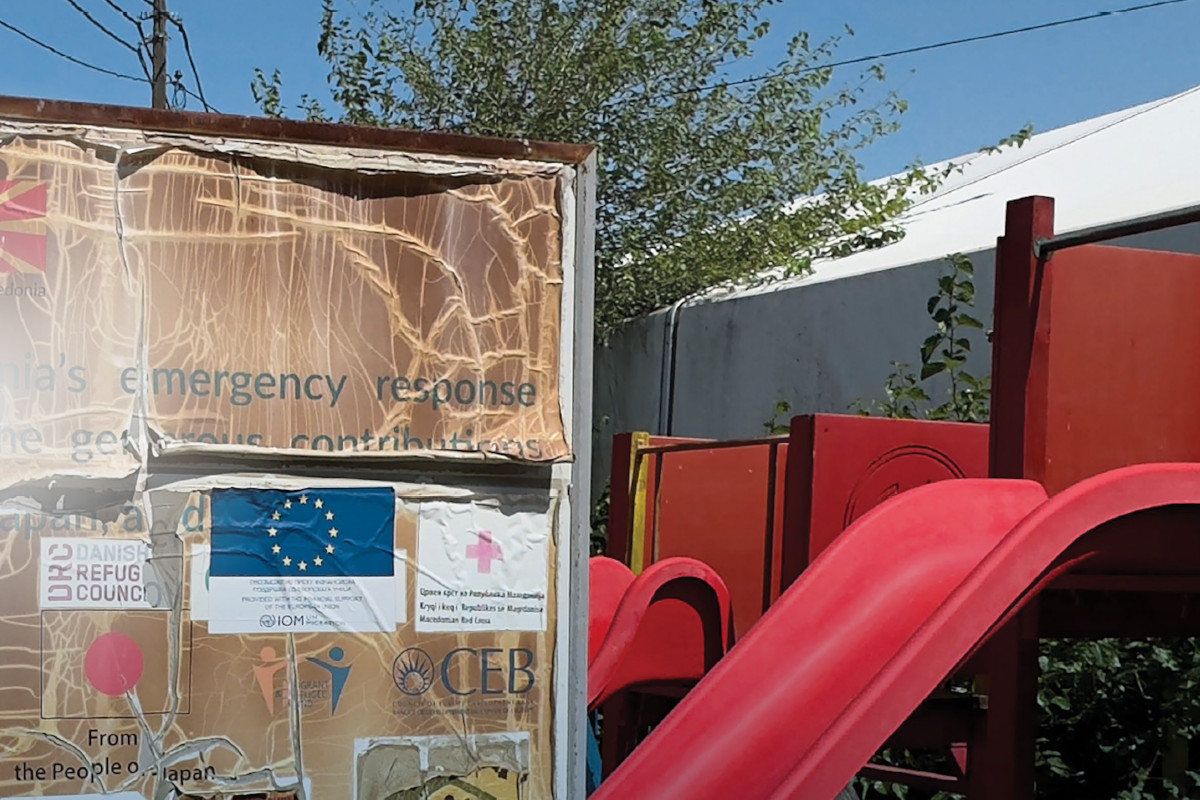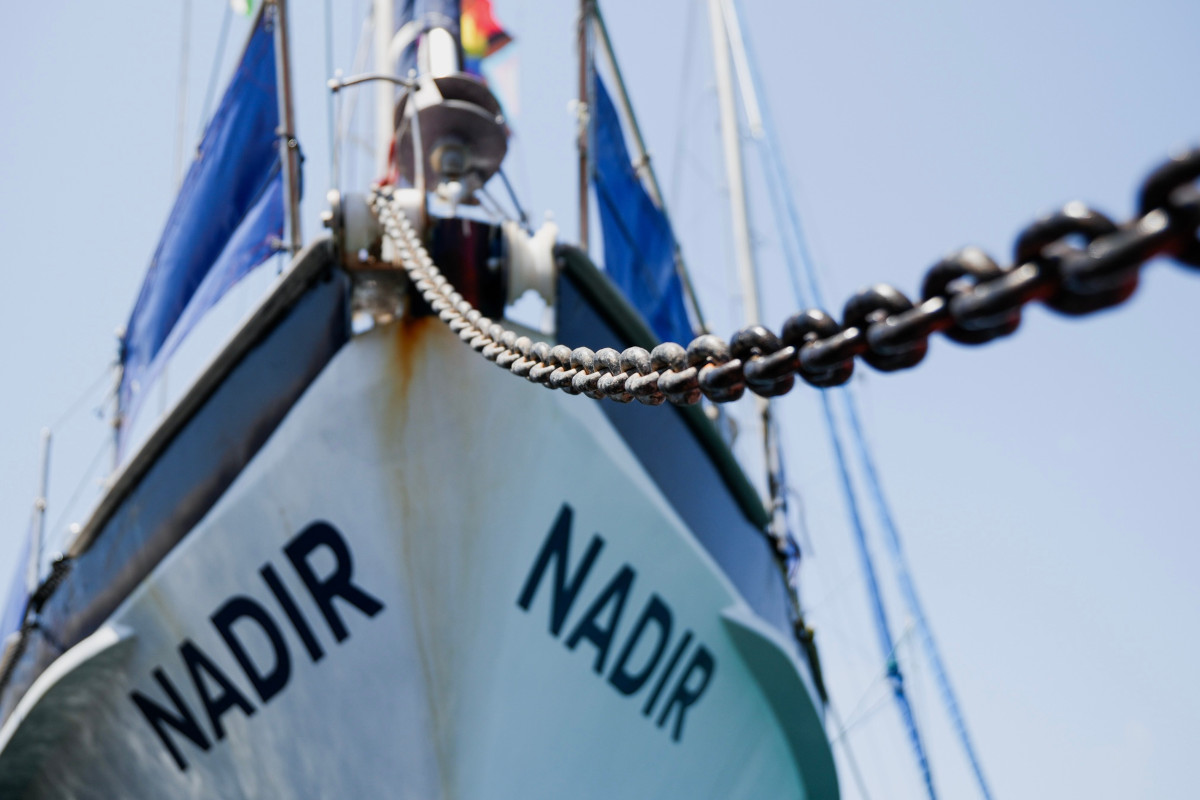New report examines Frontex's growing role in West Africa
Topic
Country/Region
10 July 2025
A new report provides a critical examination of the evolving role of Frontex, the EU Border and Coast Guard Agency, in West Africa.
Support our work: become a Friend of Statewatch from as little as £1/€1 per month.
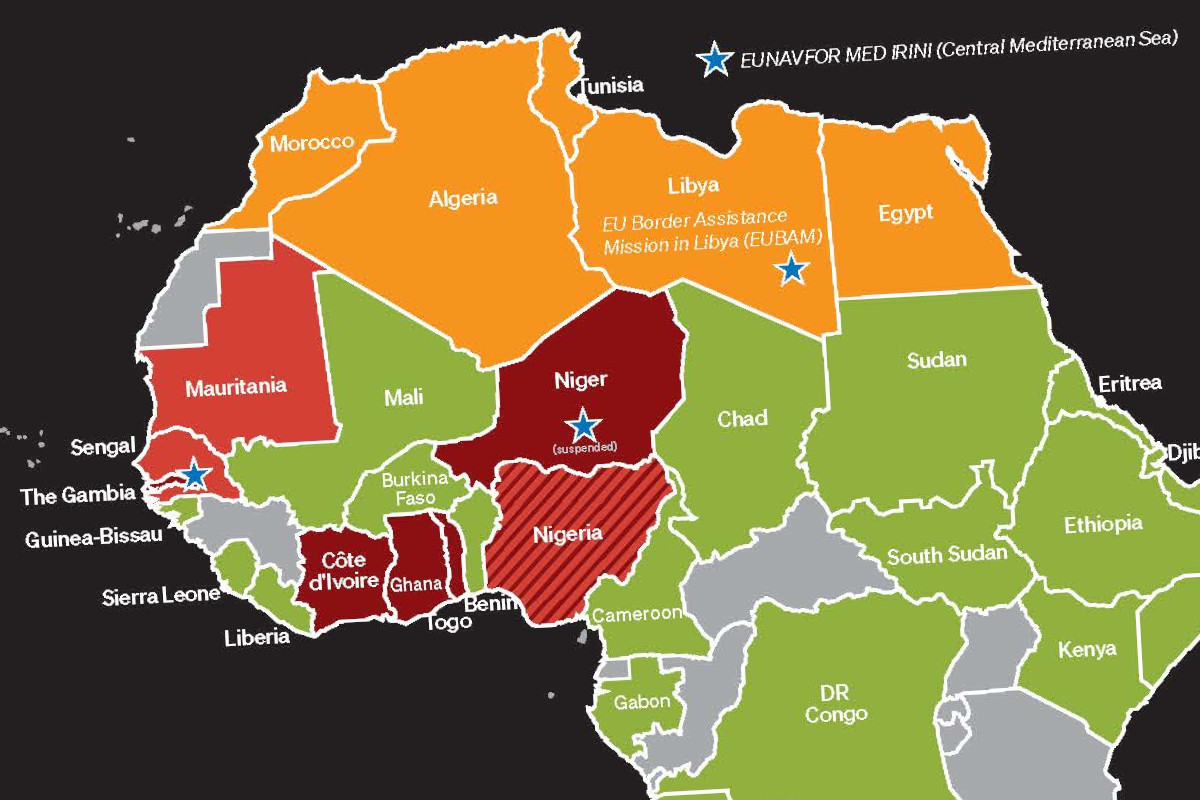
The report, Exporting Borders: Frontex and the Expansion of Fortress Europe in West Africa, is co-published by the Transnational Institute and Statewatch.
It examines the EU border agency's activities in Mali, Niger, Senegal and Mauritania.
The report is based on extensive in-country research and highlights how Frontex's work in those four states has intensified.
Over the years, the agency's role has become more explicit and direct, evolving from behind-the-scenes involvement to increasingly overt and direct forms of intervention.
The report situates these developments within the context of a rapidly shifting geopolitical reality in the Sahel, marked by political instability, armed conflict, and a rising resistance to European influence.
The main findings of the report include:
- Frontex has been operational in West Africa prior to a formal mandate, and its role has grown in tandem with the EU's border externalisation strategy;
- its work in Mali, Niger, Mauritania, and Senegal focuses on capacity building, information exchange, and potential direct engagement with border surveillance operations on the ground;
- the agency’s activities have received little legal, political, or journalistic scrutiny, despite posing serious risks to human rights and local sovereignty;
- Risk Analysis Cells (RACs), funded and equipped by Frontex, have been embedded in national border agencies in eight West African countries to collect and analyse dataand that is shared with Frontex for real-time monitoring of migration routes;
- Frontex’s presence is often informal and opaque, bypassing judicial, democratic, and public scrutiny;
- EU support has also included funding for biometric ID systems, surveillance drones, wiretapping infrastructure, and phone-tracking technology - reportedly been used to target journalists, activists, and opposition groups;
- EU border policies rely on a racialised construction of the African migrant as a security threat, conflating migration with terrorism, crime, and instability, legitimising exclusionary and repressive practices;
- migrants in West Africa face routine violations including arbitrary arrest, detention, refoulement, and extortion;
- people who are not migrants are also affected, as increased surveillance and border restrictions impinge upon civil liberties and disrupt trade, livelihoods, and everyday cross-border movement; and
- despite talk of equal partnerships, EU actions often reflect coercive dynamics rooted in colonial histories: instrumentalising aid, imposing visa sanctions, and prioritising EU geopolitical interests over local needs and agency.
Our work is only possible with your support.
Become a Friend of Statewatch from as little as £1/€1 per month.
Further reading
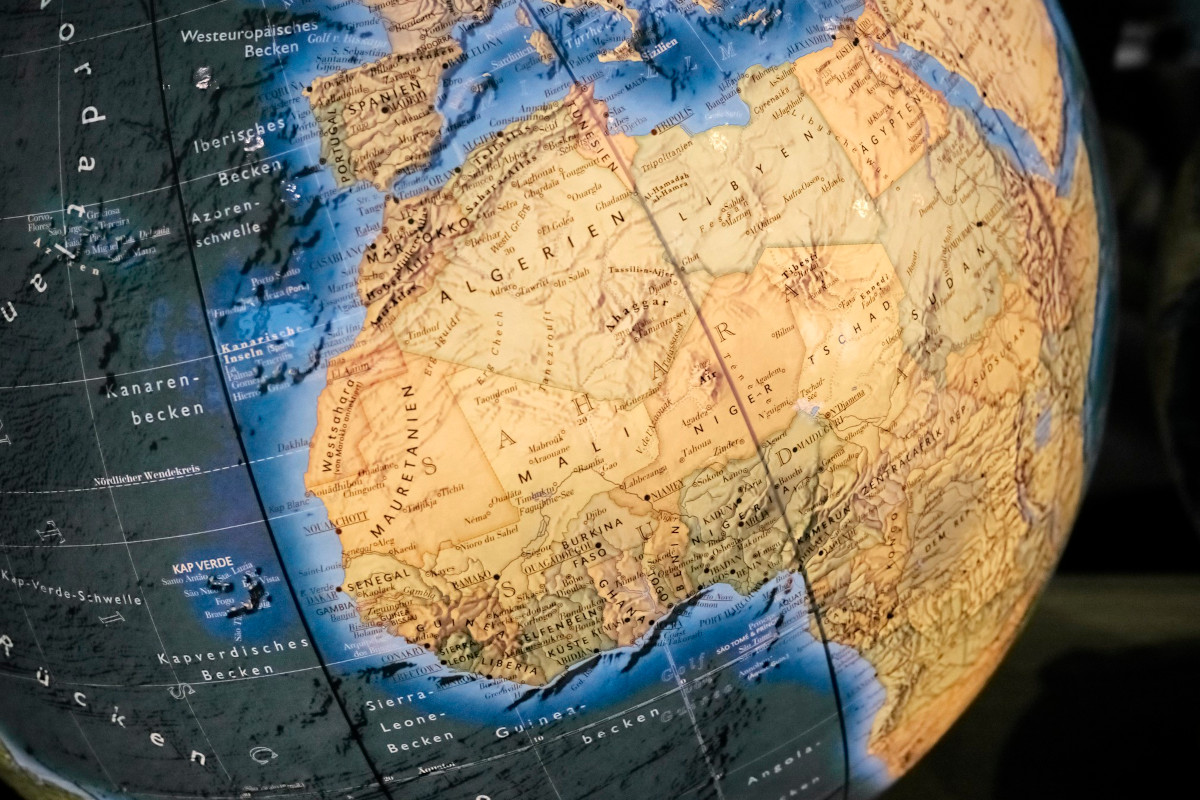
How the EU coordinates the outsourcing of migration control
It is no secret that the EU is seeking greater cooperation from non-EU states in its migration control agenda. Less is known, however, about precisely how that cooperation is organised and encouraged. A document produced last year and released in response to an access to documents request from Statewatch provides some further details on the topic, pointing to avenues for advocacy, research and investigation.
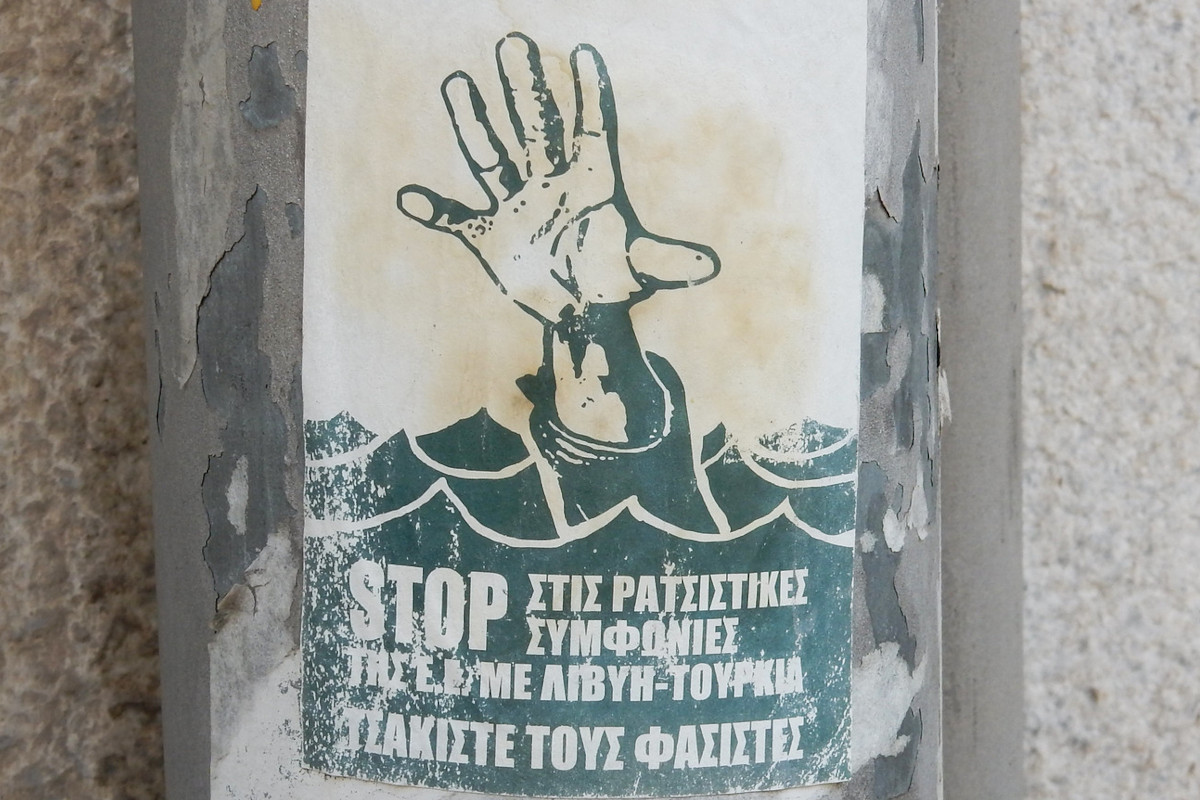
Impunity for war criminals and the European migration strategy in Libya
New leaked documents show that the EU’s “border assistance mission” in Libya is slowly expanding its work and is entering a “consolidation phase”. The efforts to “stabilise” the North African country include increased cooperation with Frontex. Meanwhile, in January, a wanted war criminal was arrested in Italy, only to be released and flown back to Libya on a government jet. This act made Italy and the EU’s reliance on third-state actors to maintain their migration policy clear. Politicians in Europe consider their migration policies so essential that they are willing to undermine the so-called rules-based international order to maintain them.
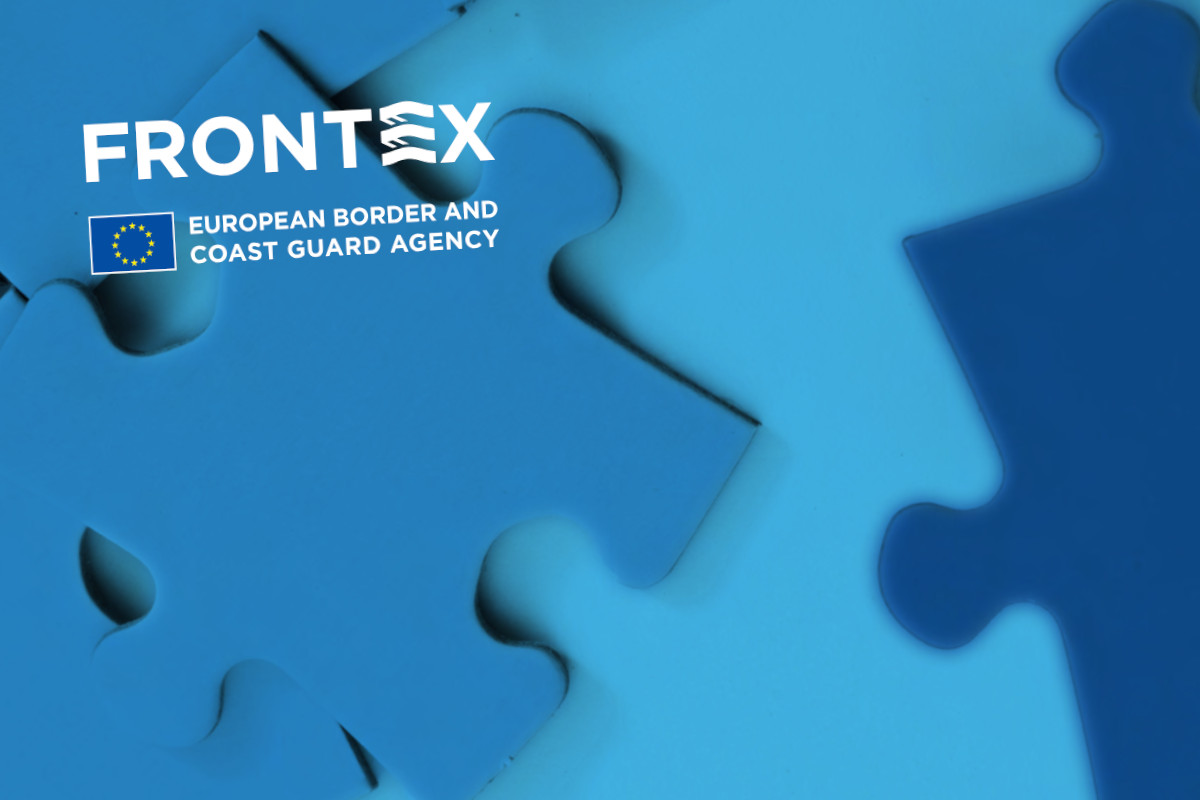
Violence at a distance: Frontex’s increasing role outside the EU
The EU tries to keep ‘unwanted’ people out by outsourcing border control to non-EU states. Frontex, the EU’s border agency, play a key role in a “web of violent deterrence” that is deeply-rooted in Europe’s colonial past. Every year, the agency publishes a report on its work in and with non-EU states. The latest edition demonstrates how its role has expanded, whilst glossing over or ignoring human rights violations.
Spotted an error? If you've spotted a problem with this page, just click once to let us know.
